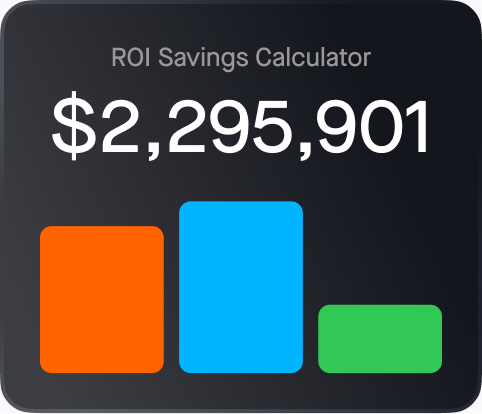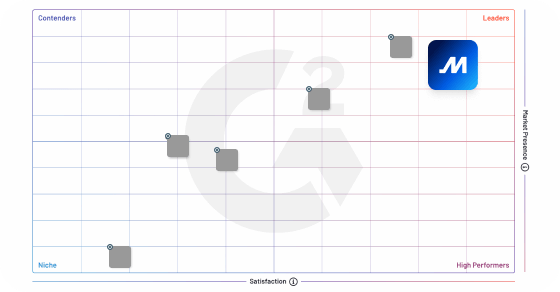A fleet card is a payment solution that is primarily used by businesses operating within the trucking industry. It is a type of fuel card that provides businesses with a range of benefits, including easier expense management and improved control over fuel costs.
The main purpose of a fleet card is to help businesses manage their fuel expenses more effectively. It allows businesses to track and limit fuel purchases by driver or vehicle, as well as set controls on purchasing behavior such as limiting the amount of fuel that can be purchased per transaction or day. This helps businesses to prevent misuse of the fuel card, reduce fuel theft, and keep fuel costs under control.
One of the key benefits of using a fleet card for businesses is that it can help them to streamline their accounting processes. The card provides detailed transaction reports, which can be easily reconciled with a company’s accounting system. This can save businesses time and money by reducing the need for manual data entry and reconciliation.
Another advantage of a fleet card is that it can help businesses to improve their cash flow. The card allows businesses to delay payment for fuel purchases, which can help to improve cash flow and reduce the need for short-term borrowing.
Frequently Asked Questions
What is a fleet card?
A fleet card, also known as a fuel card or fleet fuel card, is a payment card specifically designed for businesses that operate a fleet of vehicles. It is used to purchase fuel and related services for the fleet. Fleet cards offer benefits such as centralized expense management, detailed reporting, and potential discounts on fuel purchases. They provide businesses with greater control and visibility over fuel expenses and simplify the payment process for fleet-related transactions.
What is the use of a fleet card?
A fleet card is a payment card designed for businesses with a fleet of vehicles. It allows companies to manage their fuel expenses by providing a centralized payment system and tracking fuel usage and costs. Fleet cards can also offer discounts on fuel purchases, as well as other expenses such as maintenance and repairs. Overall, fleet cards help businesses save time and money by simplifying fleet management and reducing administrative costs.
What is an example of a fleet card?
An example of a fleet card is a payment card designed specifically for businesses with a fleet of vehicles. These cards allow businesses to conveniently manage their fuel and maintenance expenses by providing access to a network of authorized fuel stations and repair shops. Fleet cards typically offer features such as transaction tracking, expense reporting, and control over fuel spending, helping businesses effectively monitor and manage their fleet operations.
What is the difference between a fleet card and a credit card?
A fleet card is a payment card used exclusively for purchasing fuel and vehicle-related expenses. It typically offers discounts, detailed reporting, and controls to manage fuel expenses. On the other hand, a credit card is a general-purpose payment card that can be used for a variety of purchases beyond fuel and vehicle expenses. It may offer rewards, cashback, and other benefits, but may not provide the same level of fuel expense controls as a fleet card.





